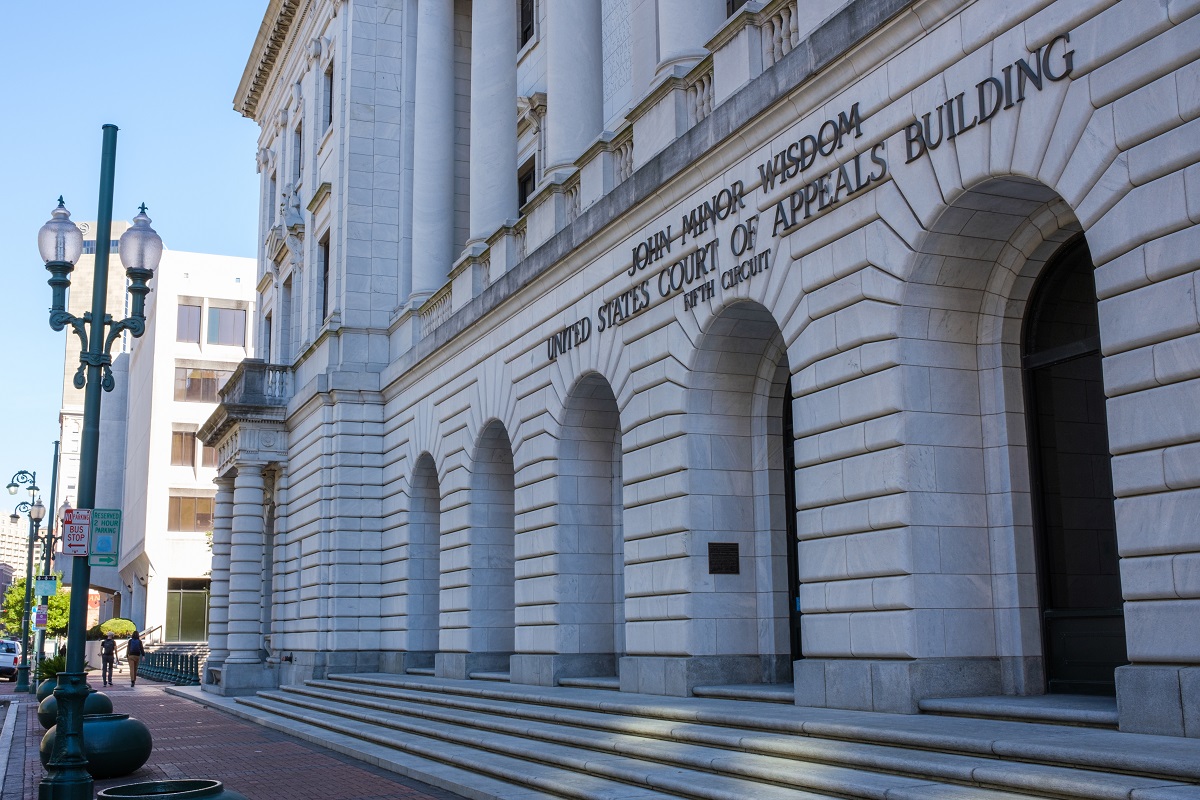The U.S. Court of Appeals for the Fifth Circuit recently held that a merchant had a contractual obligation to indemnify its payment processor after a data breach at the merchant compromised customer credit card data.
Posts tagged as “Fifth Circuit”
The U.S. Court of Appeals for the Fifth Circuit recently affirmed the ruling of a trial court rejecting various claims by a non-customer that a bank owed a fiduciary duty to ensure that assets were kept in a trust for the non-customer.
The U.S. Court of Appeals for the Fifth Circuit on Oct. 19 held that the federal Consumer Financial Protection Bureau’s Payday Lending Rule was invalid because it was promulgated using an unconstitutional funding scheme.
The U.S. Court of Appeals for the Fifth Circuit recently reversed the class certification order of a trial court, finding sua sponte that the plaintiff lacked standing to bring a claim against a debt collection law firm under the federal Fair Debt Collection Practices Act (FDCPA).
The U.S. Court of Appeals for the Fifth Circuit recently held that a stay of a non-judicial foreclosure due to the filing of a lawsuit by the borrower did not support an “amount in controversy” in excess of $75,000 for federal diversity jurisdiction purposes.
The U.S. Court of Appeals for the Fifth Circuit recently reversed a trial court’s judgment in favor of a mortgage servicer ruling that the servicer had violated its obligations under a Trial Period Plan in connection with a proposed loan modification when the servicer failed to offer a permanent loan modification after the borrower made payments in compliance with the “grace period” provisions of the TPP.
The U.S. Court of Appeals for the Fifth Circuit recently vacated and remanded a lower court’s award of over $4 million in attorney’s fees in connection with a class action settlement.
The U.S. Court of Appeals for the Fifth Circuit recently rejected a borrower’s objections to a bankruptcy court’s jurisdiction and held that the doctrine of res judicata barred the borrower’s claim objection as it was ultimately based on the alleged impropriety of the creditor’s claim from a prior bankruptcy.
The U.S. Court of Appeals for the Fifth Circuit recently affirmed the dismissal of a putative class action challenging a bank's overdraft fees as usurious under the National Bank Act, 12 U.S.C. § 1 et seq. (NBA).
The U.S. Court of Appeals for the Fifth Circuit recently affirmed a trial court’s denial of an award of attorney’s fees to a debtor who settled his claims against a debt collector for purported violations of the federal Fair Debt Collection Practices Act and parallel state law consumer protection statutes.
The U.S. Court of Appeals for the Fifth Circuit recently affirmed a trial court’s denial of a consumer’s Chapter 13 bankruptcy plan that proposed a "partial surrender" of a cross-collateralized loan.
The U.S. Court of Appeals for the Fifth Circuit recently affirmed the dismissal of a debtor’s claims against a debt collector alleging that a telephone call placed to his sister constituted an improper third-party communication in connection with the collection of a debt, in violation of the federal Fair Debt Collection Practices Act (FDCPA).












